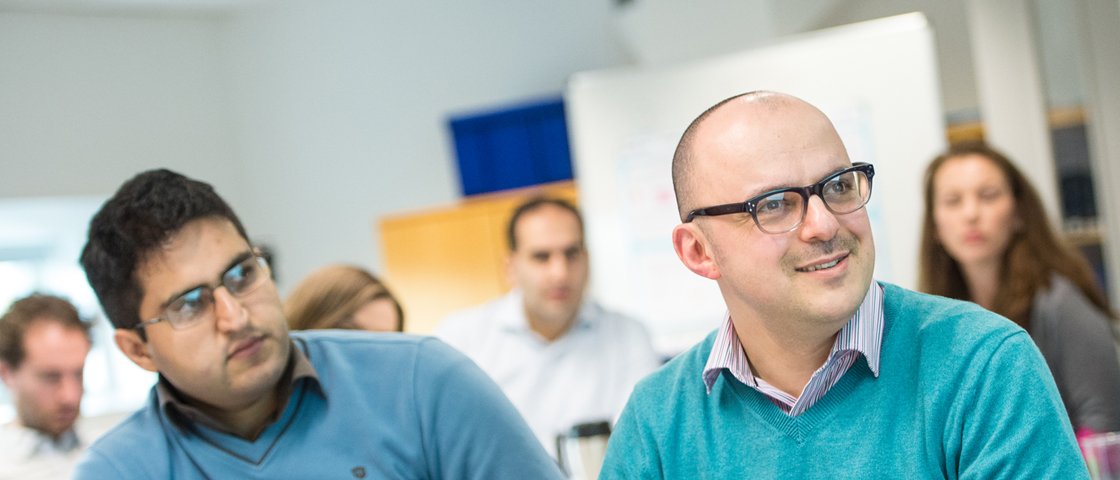Sociology
Sociology seeks to answer vital questions about society, mediated communication and criminality. On our courses, you’ll uncover some of the deepest truths about our shared human condition.
Study at Surrey and you’ll investigate social trends, life in digital societies, contemporary problems relating to crime and social control. You’ll also examine the subtleties of everyday behaviour, lifestyles and identities.
We are ranked top 100 in the world for sociology in the ShanghaiRanking's Global Ranking of Academic Subjects 2025.
We offer excellent graduate prospects, with 95% of our undergraduate and 100% of our postgraduate taught and research graduates in employment or further study (Graduate Outcomes 2025, HESA).
We are ranked 5th in the UK for overall student satisfaction* in sociology and 3rd in the UK for media studies in the National Student Survey 2025. We are ranked 11th in the UK for sociology in The Times and The Sunday Times Good University Guide 2026.
*Measured by % positivity across all questions for all providers listed in the Guardian University Guide League Tables.
Why study sociology?
Discipline
Sociology at Surrey
Discipline
Research areas

Research areas
Discipline















